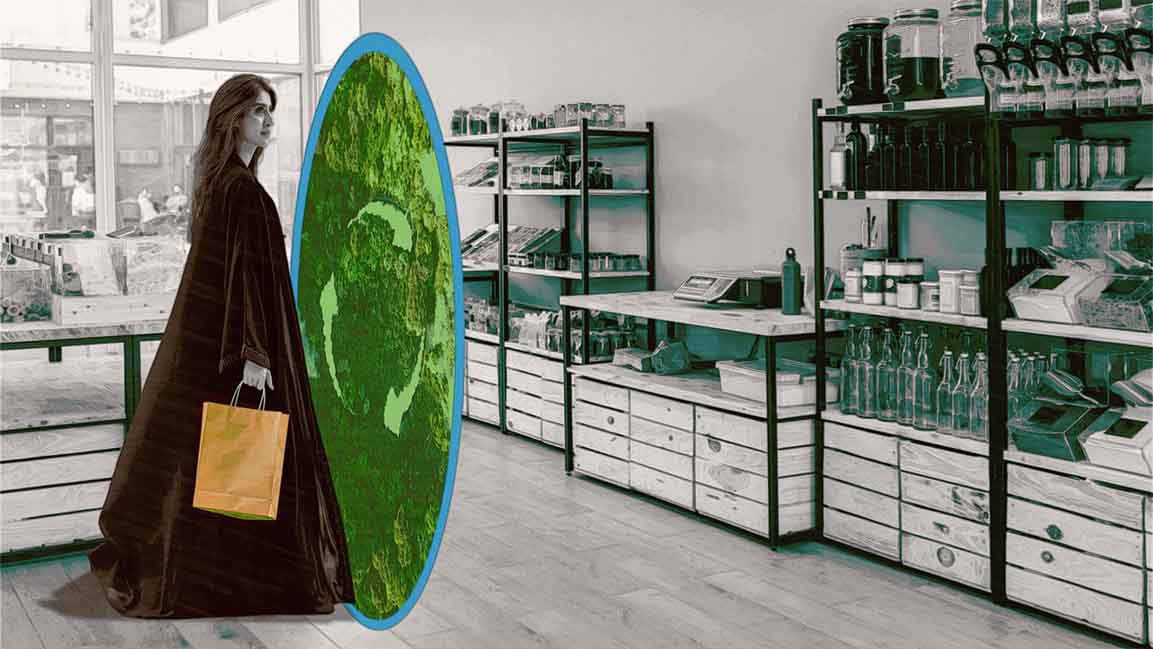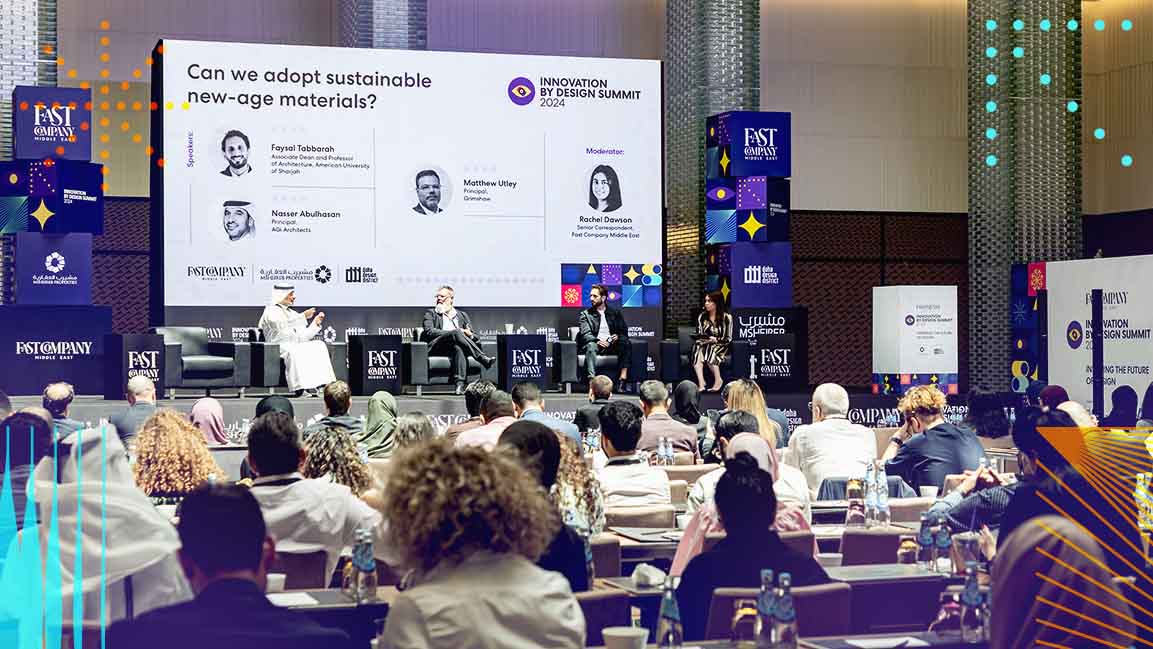- | 12:00 pm
This is how we can make sustainable living mainstream
The best way to market sustainable living is through education and awareness, and nudge people gently into changing behavior

We face huge challenges: climate change, resource scarcity, and a rapidly increasing population. Addressing the complexities surrounding each requires a radical shift in consumption and behavior patterns.
Getting a few to live sustainably is a start, but many – billions of people worldwide need to adopt more sustainable ways of living.
There’s a need for a broad societal desire to become more sustainable, less wasteful, and more efficient.
It’s true going green has marked a significant shift. People have been more environmentally conscious over the last few years, from banning plastic bags and saving home energy and water to buying eco-friendly products.
As the risk of global warming increased, we collectively strived to stop unsustainable practices.
But many would argue that sustainable living requires a conscious effort rather than a normality that the world has become accustomed to, so what will it take to change that mentality?
CREATING AWARENESS
Sustainability has to be part of people’s everyday lives, not some niche. And making it easy is the most effective way to make that happen at the scale and pace required.
Ryan Lefers, CEO and Co-founder of RedSea, believes that awareness is an integral part of shaping our future.
“Sustainable living becoming the norm requires a shift in mindset and behavior on both individual and societal levels. Education and awareness are crucial. We must empower people with the tools to make sustainable choices in their daily lives.”
For sustainable living to become a choice and integrated into our normal lives, a UNEP story shows that we need the media and the forces that influence us to continue driving the sustainability narrative.
A sustainable culture may never be possible unless leaders, policymakers, and governments find more innovative ways to make sustainable living a lifestyle rather than a choice.
Lefers says, “Governments and businesses need to create incentives for sustainable practices and develop regulations that promote eco-friendly behaviors.”
RedSea aims to facilitate that change by providing viable solutions to make sustainable living accessible to all.
MAKING IT ACCESSIBLE
Dimitra Theodoropulos, Director of Sustainability & Corporate Responsibility at Talabat, agrees that sustainable living will become the norm when it is accessible and affordable and has a positive impact on people’s lives.
“The two biggest challenges currently are that residents do not understand what is sustainable and what is not. Products and the ecosystem are not yet developed to support those trying to be more sustainable. For example, last mile recycling.”
So, education and information need to start from a basic level, where consumers are made to understand sustainability in all its complexities.
If sustainable living is the goal, we need to understand what it looks like, as the term involves many aspects essential for a greener future.
Andrei Covatariu, International energy and climate change expert and non-resident scholar in the Climate and Water Program at the Middle East Institute, says, “It depends on how we define sustainability. Sustainability also embeds financial sustainability. In other words, it generates enough funds to finance a cleaner future. And for this reason, a well-planned fossil fuel phase-out process that would financially support the transition towards more sustainable energy generation forms is seminal.”
At this stage, fossil fuels account for over 75% of global greenhouse gas emissions and nearly 90% of all carbon dioxide emissions, findings by the UN indicate, highlighting the important role governments should play in emphasizing low-carbon practices.
How do we create better habits for ourselves and the planet?
It starts by choosing sustainable practices daily, educating ourselves on green solutions, and playing our part in making sustainability a norm rather than a choice, not expecting our influencers to incite the change.
On an organizational level, if governments and the forces that shape our behavior and actions don’t find ways to stop the climate change crisis, the goal of sustainable living will become just that: a goal and a vision, but not a reality.
At the Green Goals summit, experts will discuss ideas with great potential and explore the challenges and opportunities in creating actionable change and the role of government and businesses in catalyzing these transformations.
The second edition of the Green Goals Summit will be held in Dubai on November 2. Click here to register.








































